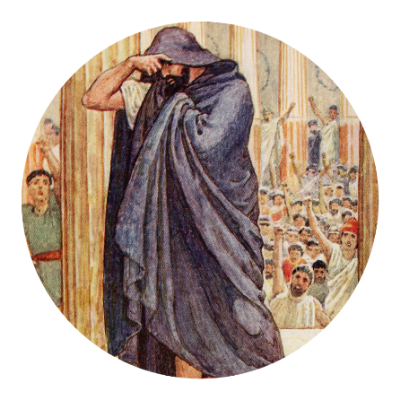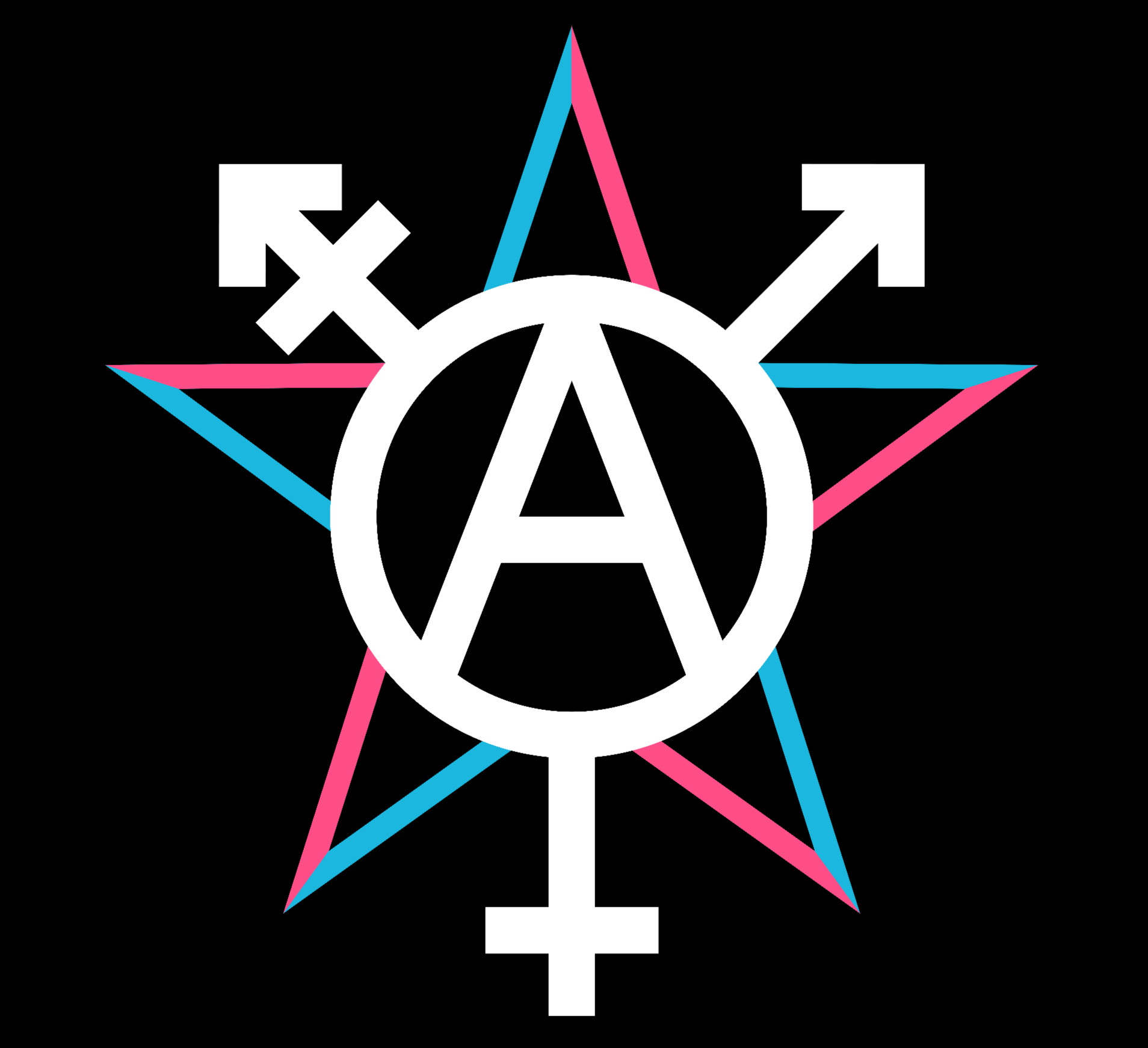I took German in High school… 25+ years ago. Never got fluent and never used it after that. Now I see the memes and find myself picking out words I remember to find the funny.
Sprich Deutsch du Hurensohn
Jein?
ich spreche ein bisschen Deutsch
(pretty sure that says “i speak a bit of german”)
Correct!
Can’t you read? It clearly says Dutch
What does Pennsylvania have to do with anything?
Ryan, is that you?
Sorry, different American
Oh, hey Jim!
There are more?
Yes. There are in fact in excess of seven Americans on Lemmy alone.
So many? That’s amazing!
It is, after all, the third most populous country on earth. It has a population larger than 52 people.
Ah, now it makes sense! Thanks!
Always know I’ve been awake too long when new turns Deutsche. Gotta brush up.
𝕯𝖎𝖊𝖘𝖊 𝕶𝖔𝖒𝖒𝖊𝖓𝖙𝖆𝖗𝖘𝖊𝖐𝖙𝖎𝖔𝖓 𝖎𝖘𝖙 𝖓𝖚𝖓 𝕰𝖎𝖌𝖊𝖓𝖙𝖚𝖒 𝖉𝖊𝖗 𝕭𝖚𝖓𝖉𝖊𝖘𝖗𝖊𝖕𝖚𝖇𝖑𝖎𝖐 𝕯𝖊𝖚𝖙𝖘𝖈𝖍𝖑𝖆𝖓𝖉
A mi abuelo se le caería una lágrima :,)
SchroedingersPat* ftfy
I just block em lol
 Angry blocking noises
Angry blocking noisesLol im not angry I just don’t understand
SPRICH
DEUTSCH
DU
SOHN
EINER
netten mutter?
Sehr nett.
Melone
und
tritt
It’s not even easy to understand ich_iel as a native speaker. They use an extreme form of internet slang only understood by a handful of people.
Dies ist ein klarer Fall eines Geschicklichkeitsproblems.
Im örtlichen Gebietsnetzwerk wäre es ein Ass gewesen.
Hey buddy, I can clearly lick my chickens whenever I want.

Some skills can be purchased!
Sad that your translator has chosen “problem” instead of “issue”.
Problems is in the word at least. I’m mostly confused by the rest of that word.
A more direct or literal translation of Geschicklichkeit would probably be something like or skilledness or skillfulness. Other words with the -lichkeit ending that might be more familiar are Freundlichkeit (friendliness) and Brüderlichkeit (brotherliness)
(So there are actually two endings here. -lich is cognate to english -ly, though -ed can also work. -keit is equivalent to english -ness)
The base word, Geschick, translates to ‘skill’ on its own. The difference is that it
strictly(edit: apparently not) behaves as a countable noun, as in you can have a number of skills, just as you can have a number of friends, of brothers, etc. It doesn’t work when describing a quality or property someone may possess, so that’s where the suffixes come in.It’s the difference between “there’s a lot of friend here” and “there’s a lot of friendliness here”
In English, skill is an exception to a rule. It can be used in both ways, without the help of suffixes. German, on the other hand, doesn’t generally make that kind of exception in the interest of maintaining consistency.edit: seems this exception is actually a similarity between English and German, though perhaps German slightly prefers the longer form in cases such as this one.The Germans are probably going to roast me for this but that’s my understanding from just under 2 years of learning and a brief series of googles.
countable verb
noun
I’m German and I just use whatever sounds better and “Geschicksproblem” would sound even more like you just had a stroke. Also it’s kinda part of the meme to make words as long as possible because it’s funny.
Geschick and Geschicklichkeit are pretty much synonymous. Maybe Geschicklichkeit suggests a bit more that the natural skill is enhanced by technique and training, but that’s it.
Welp, I tried. German grammar eludes me again. Thanks for the info though! and for catching that error :)
Translation
problemissue.übersetzungsstreitfrage
Is that a feature in Sync?!
Text translation is a capability of Sync Ultra.
That’s sync’s interface, but I don’t see the option in the free version
Probiers nomol.
Do isa machtloss
Schwätzt Deutsch, kerr!
what’s an alter
Alter, wo is mein Auto
deleted by creator
Alter, das kann doch jetzt nicht wahr sein.
From what I looked up it means something like dude or mate. It’s also used when expressing suprise? If native speaker has better insight I’d appreciate it.
The English “Yo” is a really good translation. You can use it to express surprise (“Alter! Wtf!” - “Yo! Wtf!”) or to address someone (“Alter, was geht?” - “Yo, whats up?”).
“Yo” really is the best translation I can think of.
Alter, Herr Weiß!
Wissenschaft Hündin!
The literal meaning is a really informal “old one” but can also mean “age” in another context. It is used exactly like you described.
So Germans colloquially call each other “old man”? That’s kinda hilarious
As much as English speakers call each other “male sibling” or “canine”.
Technically correct, but no one makes that association in everyday language.
It is one way to do so, german youth also use several english terms or “Digga” which is a modified form of the word “Dicker” meaning fat. Although I am no linguist I would assume that Alter and Dicker were used in combination with Freund (friend) first since those are valid phrases that still are in use.
It’s pretty much just “dude”, vor talking with friends. Other widely used versions include “Digga” and “Bruder”
Omg you just can’t go say the d word. /s
Ok digga dann eben nicht
Learn Austrian German instead, all you need is the dialect version of Alter: Oida
Or if you go further north you need to use Alder
A northern oida.
deleted by creator
Good that you chose this community, otherwise you’d have a request to change it to ich❌🇩🇪😂iel
Damn Germans and their enigmatic memes
Ah, du kriegst es hin noch Deutsch zu lernen.
deleted by creator
It’s a program of attraction rather than promotion
Jajajajaja
Did I just say “yes” a bunch of times, or was I laughing? No idea.
Agreeing in German, laughing in Spanish, I think.
sounds about right. no idea why the spanish have a stroke every time they laugh
Because they’re very passionate people.
When you agree for a fifth time in German it’s actually a cheeky way of saying you disagree. /S
Ja ja heißt leck mich am Arsch!
Olles klaa maistaa
When German and Finnish merge…
I’m pretty sure that’s the 69th sign of the apocalypse.






















